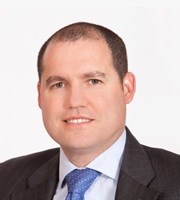
Related
Top stories






More news


ESG & Sustainability
Redisa calls on govt to fix South Africa’s “broken” waste management system



























This is according to Steven Nathan, CEO of 10X Investments, who says their research shows that the tax benefit is equal to approximately a 1% fee saving, so if you pay 1% more in fees then you offset the tax benefit. "Therefore, investors only benefit from the tax break if they pay low fees."
Most investors do not do enough homework when investing and often end up with funds that are not optimal for their investment goals. "Pitfalls include poor fund selection, under-performing fund managers and high fees. These mistakes can potentially halve your final pension."
Nathan advises investors apply five common sense principles to all long-term investments, including RAs, to ensure a better return on investment:
Nathan says many high earners invest in RAs to maximise their tax-free deductions. "However, from March 2015 the tax free deduction (currently uncapped at 15% of your non-pensionable salary) will be capped at the lower of 27.5% of your total taxable income or R350,000. These people have only two years to benefit from uncapped tax free contributions."
While RA season encourages people to save to benefit from tax advantages, people need to get into the habit of saving consistently and as early as possible rather than waiting for RA season, says Nathan. "Once you have a sensible portfolio using the principles described above then you need the discipline to save a meaningful amount each month. We believe you should be saving 15% of your total earnings towards your retirement. If you save early, time is your friend, as your investment benefits from compounding returns, but the opposite is also true."